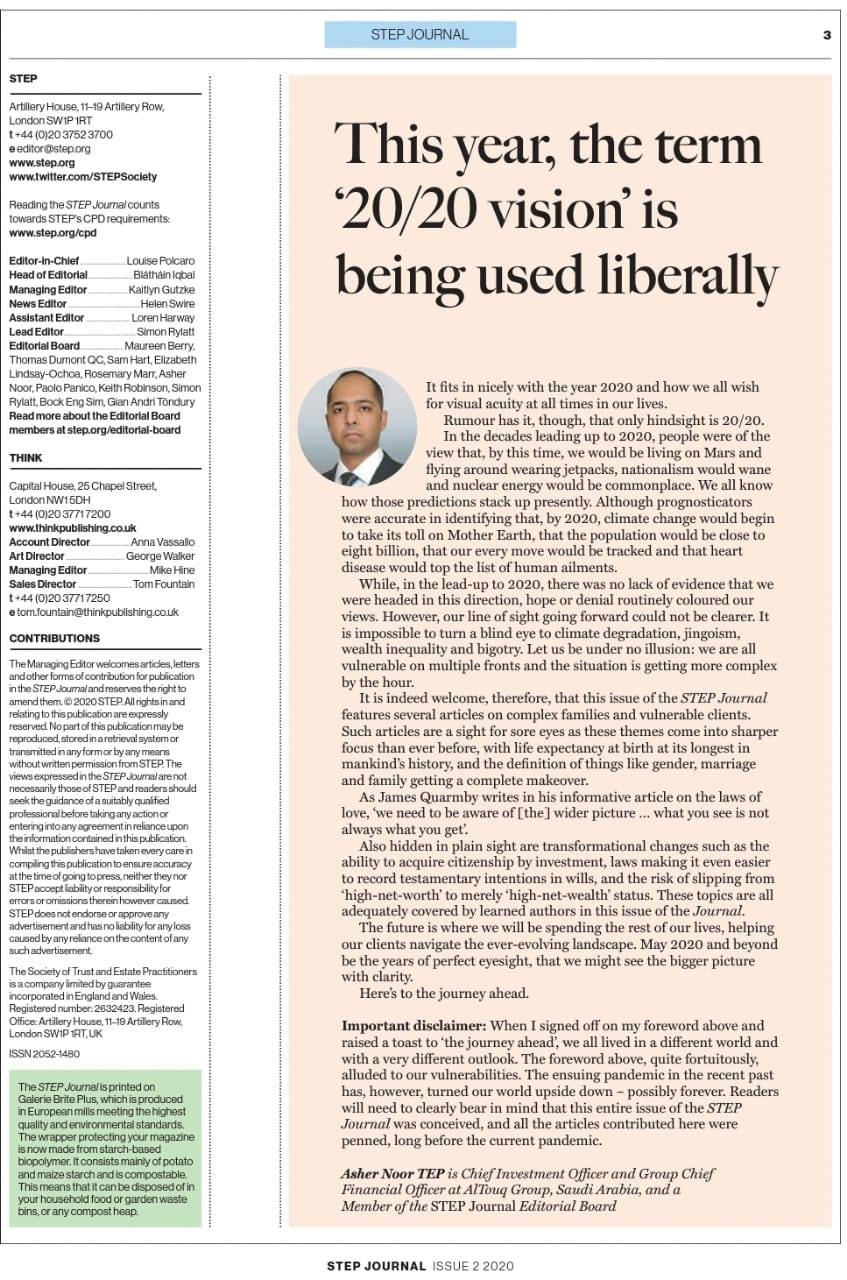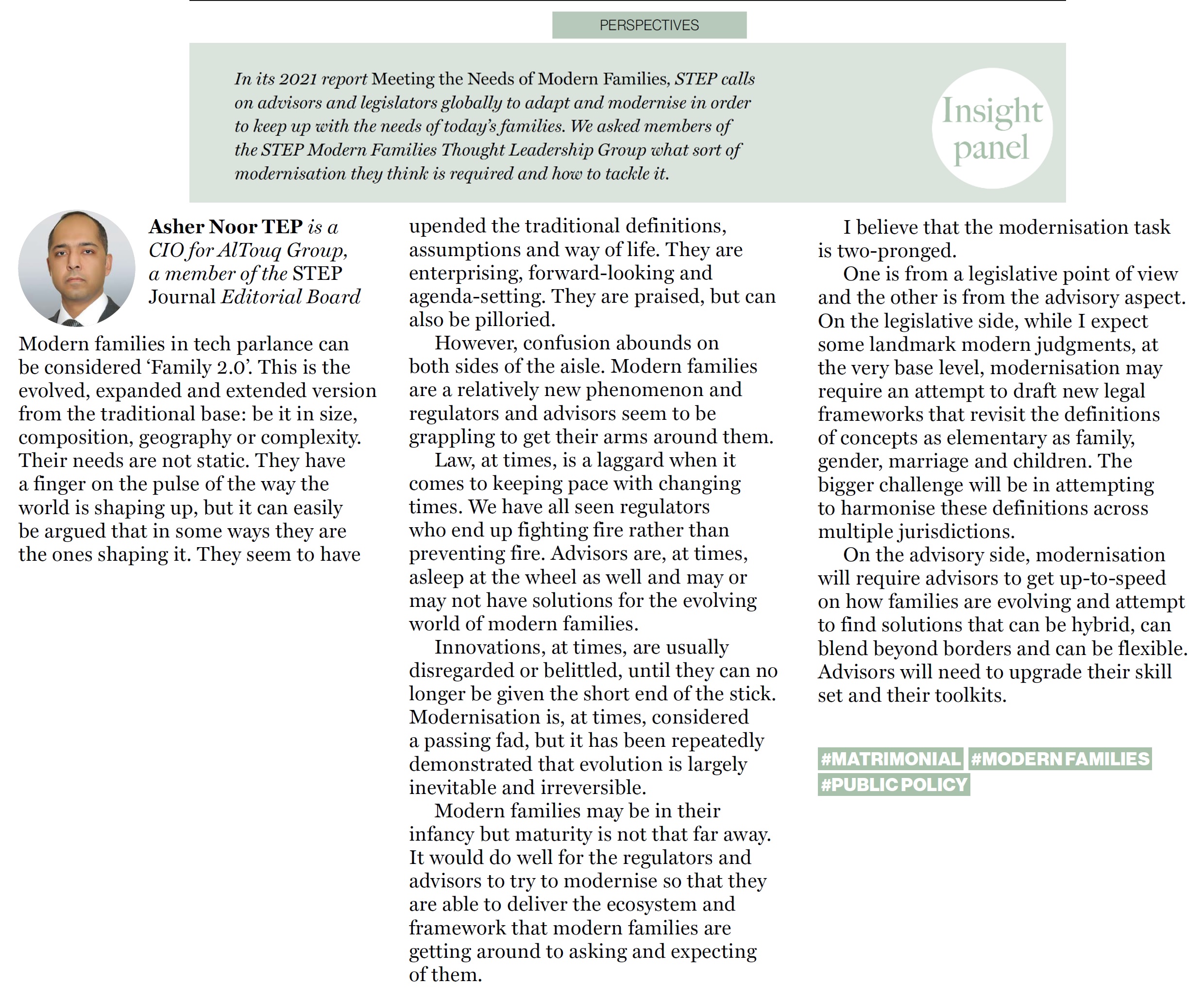“The past, present and the future exist at the same time. Thus neither is the past permanent nor the future necessarily fated.”
Such a philosophical approach to eternalism however, might not chime in with everyone. Many would struggle to get their heads around acknowledging being duped over generations, by their version and perception of time and space. They would still prefer the cosy notion of symmetric forward motion of time flowing like the river. For others, history is but a Sisyphean task, unable to break its endless loops where “time is but a flat circle.”
In our legal domain too, time is of the essence for contractual sanctity and yet, time-barred situations an ever present reality. We also have the codified certainty of civil law to last into the future, the precedents of common law to allow a sneak peek into the past to guide the present and the religious/divine laws – immutable i.e. unchanging over time.
And thus in the grander scheme of things, only time will tell if this April 2019 journal issue, as you so hold in your hands or browse online today, will continue to have relevance, say a decade from now. However right now, the collage of articles in this journal edition cannot be more prescient or pertinent.
Interestingly enough, some of the crystal ball gazing topics of yesteryears are now going mainstream as can be reflected in the theme of most of the articles in this Journal .You will find splendid coverage of topics like cyber security and data breaches, pivot towards privacy, US LLC’s finding favor in the offshore world, public registry of ultimate beneficiaries, and distributed ledger technology amongst others. A decade back they might have been labelled exotic topics, but today are steamrolling to the forefront and this issue covers them all.
This edition, however, also caters to topics that continue to dominate the discourse and you will find invaluable articles on perennial topics of concern including vulnerable clients, intermeddling, mental capacity and financial abuse, amongst others. And straddling the divide is an article that looks back at the 10th anniversary of foundations in Jersey.
While we in our professions may find juggling past, present and the future at the same time a bit tense, the best recipe for success in to keep driving ahead with regular glances in the rear view mirror.
Regional focus
I write this foreword in early February and by the time this goes to print in April, UK could well possibly be in the hitherto unchartered territory of the Brexit transition period. Time will tell what happens to UK vis-a-vis EU, but regional focus of this month’s Journal is on crown dependencies – the self-governing possessions of The Crown.
As leading offshore financial centers they need to continuously strive for and maintain an exceptional level of transparency, foresight and compliance. Laila Arstall’s article talks about Guernsey’s corporate residence rules which have changed effective start of 2019 and Ashley Bidmead’s article cautions on the scope of Jersey’s probate law’s which might catch some off guard.
Mini focus
The mini focus of this month’s journal is on Africa and UAE. Yann Mrazek’s article provides the good news that foundations are starting to find favor in the UAE. Forward thinking pieces of legislation are apparently allowing founders to continue to exert influence over assets settled into the foundation and also helping them achieve their objectives without having to create any Shariah circumventing layers.
Special feature
The special feature of this month’s Journal is vulnerable clients. Alex Ruck Keene’s article examines the recent decision by the Supreme Court of the UK in clarifying the obligations of clinicians in making decisions in relation to clinically assisted nutrition and hydration and minimally conscious state and the wider implications of the judgment. Kimberly A Whaley’s article details why paying close attention to the varying provisions around capacity, that apply across Canada’s ten provinces and three territories, maybe time consuming but still timely.
Every article in this Journal is a standout on its own and I am sure time will fly, as you browse through. Happy reading!
This foreword by Asher Noor, was first published in the STEP Journal UK.




